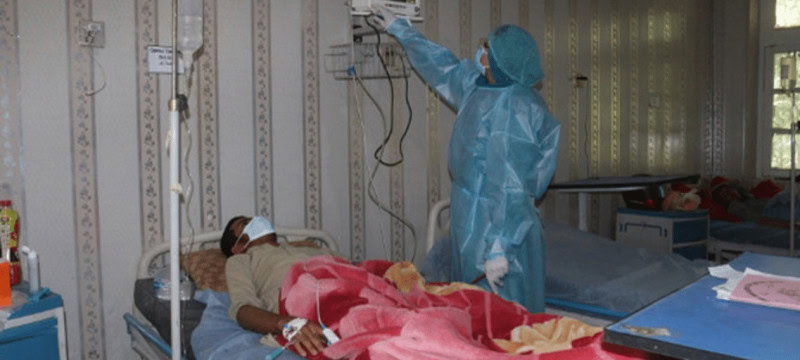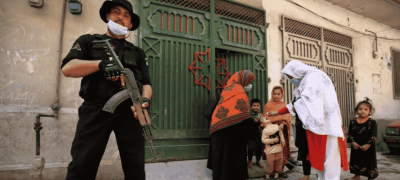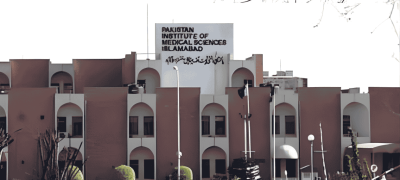Health authorities in Pakistan’s Balochistan province have reported six cases of the Congo virus, also known as Crimean-Congo Hemorrhagic Fever (CCHF), this year, with concerns that the number may increase ahead of Eid Al-Adha.
The Congo virus is a highly contagious disease transmitted by ticks and contact with infected animals, leading to severe symptoms and potential fatality if not promptly treated, particularly in endemic regions such as parts of Africa, the Middle East, and Asia.
Read more: Confirmation of Poliovirus in 8 Cities of Pakistan
Officials at Fatima Jinnah Chest Hospital in Quetta, the sole facility in Balochistan treating Congo virus patients, stated that three of the six patients, including three men, remain in the hospital’s isolation ward, while three women have been discharged after treatment.
“Six individuals have tested positive for the Congo virus in Balochistan so far this year,” said Kausar Shahen, a staff nurse at the hospital, noting that all six cases were reported in June. “The number of cases may increase before Eid Al-Adha.”
Qudratullah, a 22-year-old dairy farmer from Killa Abdullah district, tested positive for the virus this week. “A week ago, I began experiencing high fever and body pain,” he said. “I took tablets, but they did not work, so I was transferred to Quetta [Fatima Jinnah Chest Hospital], where I was informed I was Congo virus-positive.”
In 2023, 54 people tested positive for the Congo virus, resulting in 18 fatalities, including a doctor and a paramedic. Cases are typically reported in Balochistan during June, July, and August, with a higher incidence around Eid Al-Adha due to increased animal slaughter.
Dr. Dawood Baloch of the Young Doctors Association emphasized fumigation and stringent precautionary measures at slaughterhouses as effective strategies to combat the virus.
The Balochistan government is taking preventive measures to curb the virus spread before Eid. “Our livestock department has initiated spray campaigns, the regional blood bank is providing blood, and the government has allocated funds to purchase platelet kits for patients,” said Shahid Rind, a provincial government spokesperson.









